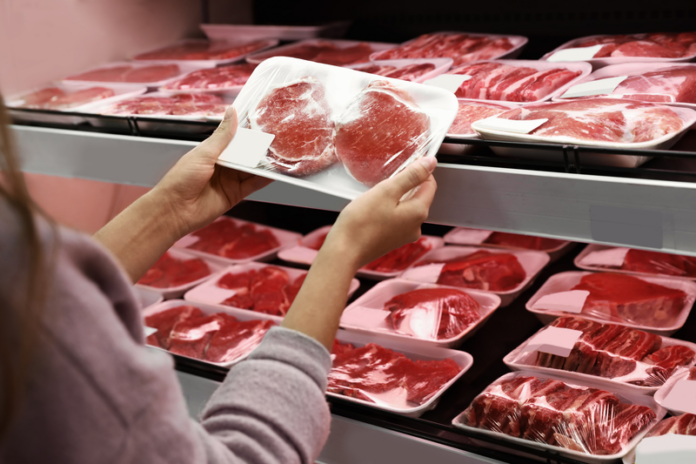Proponents of reform of the meat industry argue that current practices are not suited to improving labor and environmental conditions. But while some alternatives might work better for some people, there are also trade-offs. In addition to addressing the concerns of the environment, reform of the meat industry must also address the labor practices of the industry. While there are no perfect solutions to animal agriculture’s problems, it is important to break free from the politics of meat.
Recently, the federal government’s Occupational Safety and Health Act (OSHA) had a major overhaul. But the new regulations introduced by the U.S.D.A. have caused a backlash. The new rules would increase the concentration of workers in slaughterhouses and reduce their access to wages. The proposed changes to the law would also limit the ability of corporations to subcontract work and increase the costs of production.
In the past, reform of the meat industry was politically difficult in the United States. Since the early 1900s, the meat lobby has managed to influence the administration’s decisions. However, since then, new regulations have consistently focused on making the industry more sustainable and affordable for Americans. The most prominent of these reforms was the Packers and Stockyards Act and the Federal Meat Inspection Act of 1906. These new rules have helped make the food we eat safer, healthier and more affordable.
There are also efforts to regulate meat. In California, Proposition 12 banned the production of meat that is conceived in gestation crates. The US Senate introduced the Farm System Reform Act (OSHA) which aims to ban factory farms and limit concentrated animal feeding operations. The Act also seeks to limit the use of labor contracts in slaughterhouses and to force meat companies to internalize costs and risks that are not incurred by the company.
The proposed rules aim to improve the working conditions of the meat industry. The Agriculture Department wants to improve the safety of the livestock by banning the use of gestation crates in slaughterhouses. There are other initiatives aimed at making the meat industry more democratic. For example, the recent price-fixing scandal in California exposed the dangers of Big Meat. The new rules in the United States would ban these practices and make the meat industry more democratic.
The new law will also prevent the production of meat that is not suitable for human consumption. This change will make the meat industry more environmentally friendly. This will reduce the cost of supermarket meat. It will also help beef producers and ranchers to avoid over-feeding. A third provision will prohibit the use of gestation crates. It will also ensure that companies internalize the costs of gestation crates. This reform has a major impact on the food supply chain and is vital for the welfare of consumers.
The political reform of the meat industry is needed to eliminate the harmful effects of meat production. The government must regulate the meat industry and the food produced there. By regulating it, the government will save money and produce better quality meat. This legislation will not only help workers and farmers, but will also protect the environment. In the meantime, it will also ensure the safety of our food. Our livestock-related economy is at a critical point in time, and if we can’t get our animal rights back, we’ll be able to find the solutions.
The reform of the meat industry has a complex history. It is not easy to implement. However, recent advances have boosted the politics of the industry. The adoption of Proposition 12 has led to a small victory for animal welfare, but the Farm System Reform Act is a major performative national bill that can’t yet be implemented in full. The new rules may be beneficial for smaller producers, but systemic problems will remain unresolved.
The meat industry has been one of the most powerful political forces in the United States. The lobbying power of the meat industry has made it hard to pass any kind of reform legislation. But it has done its part to undermine the integrity of the food supply chain. Moreover, the new rules will cause the animals to suffer from harmful toxins. So, reform of the whole industry is essential for the health and welfare of the nation. The meat industry has become one of the biggest challenges to modern society.









